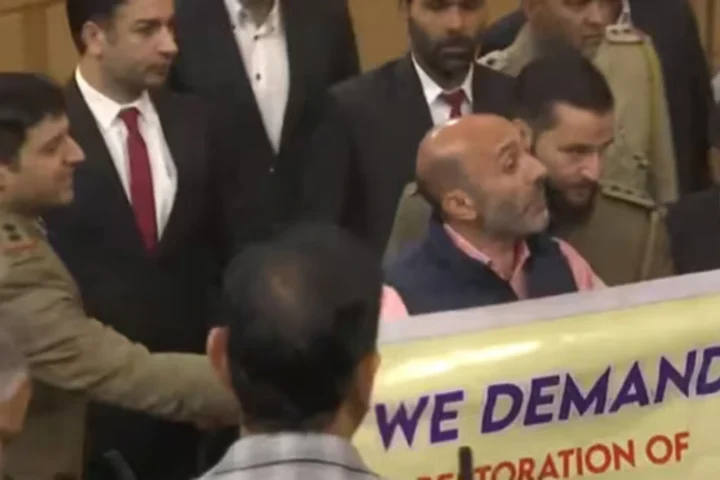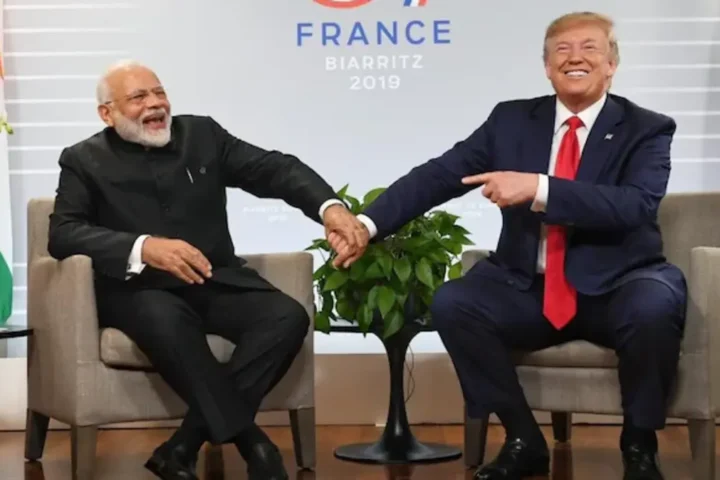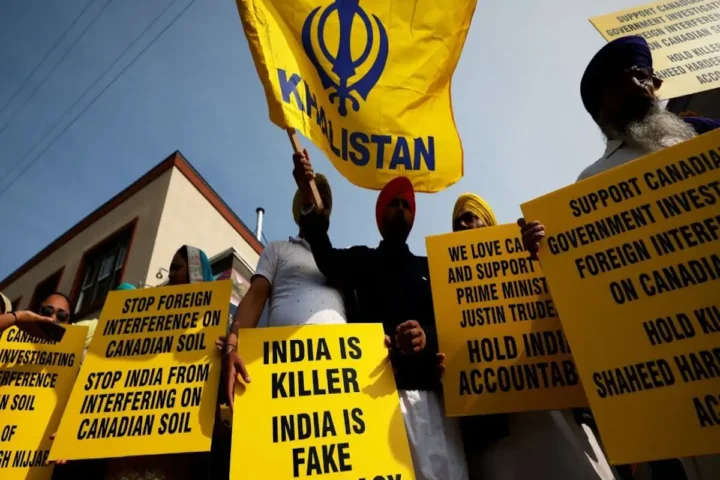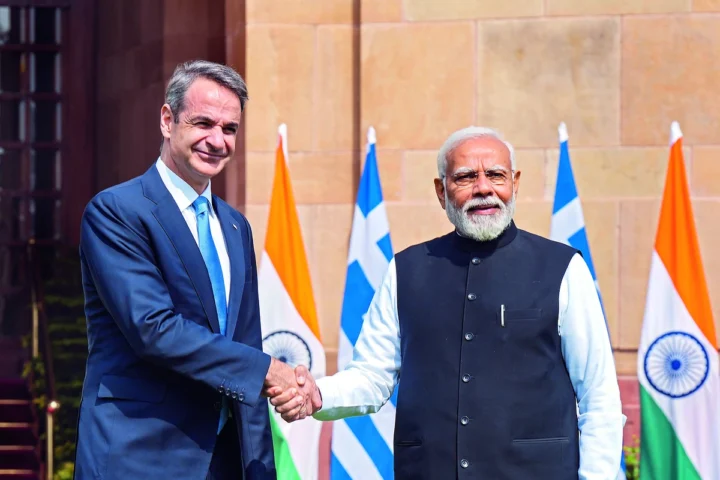“What’s in a name?” Ever wondered? If not, then as an Indian now is the time you start wondering about what’s in the name and we are telling you why?
These words echo through history, resonating with us even today as we ponder a potential name change for our beloved nation. But before we dive into the contemporary debate, let’s take a step back and revisit what the Constituent Assembly had to say about this matter.
The Constituent Assembly’s Deliberations
Picture this: The year is 1948, and India is on the cusp of becoming an independent nation. The task of drafting the nation’s Constitution falls upon Dr. B.R. Ambedkar and his committee. In their original draft, there was no mention of the name ‘Bharat.’ It wasn’t until September 17, 1949, that Ambedkar proposed an amendment to include ‘Bharat’ alongside ‘India.’
But this proposal ignited a robust debate within the assembly.
Two main issues came to the forefront: the relationship between ‘India’ and ‘Bharat’ and the administrative and socio-political implications of this dual nomenclature.
Historical Context of Names
To understand this debate better, let’s delve into the historical context of these names. ‘India’ finds its etymological roots in ancient Greek and Latin texts referring to the land beyond the ‘Sindhu’ river. On the other hand, ‘Bharat’ or ‘Bharatvarsh’ is deeply intertwined with ancient Hindu religious scriptures.
But it doesn’t end there. ‘Hind’ and ‘Hindustan,’ with their Persian origins, became part of our lexicon during the Sultanate and Mughal periods. And in our diverse linguistic landscape, there are many other names, depending on context and language.
The Significance of Naming
Why does all of this matter? Because naming isn’t passive; it’s an active vehicle of ideas. The politics of naming played a crucial role in our nation-building. Recognizing both ‘India’ and ‘Bharat’ was a conscious effort to honor our past while embracing pluralism.
Contemporary Debate: A Name Change?
Fast forward to today, and the debate over a name change has resurfaced. With general elections looming, the timing seems suspect. This sparks an important question: Should a name so deeply ingrained in the hearts and minds of over 140 crore people be subjected to political expediencies?
So, What is really in a name?
As we reflect on this age-old debate, we must remember the weight that names carry. ‘India’ and ‘Bharat’ aren’t just words; they are symbols of our identity, our heritage, and our vision for the future. Preserving this shared consciousness should always be at the heart of discussions about our nation’s name.
In the end, perhaps Shakespeare’s question, “What’s in a name?” holds the answer: A name is not just a label; it’s a reflection of who we are and who we aspire to be. And that’s something worth cherishing.







